Sports are a fantastic way to stay fit, have fun, and challenge yourself physically. However, they also come with their fair share of risks, especially when it comes to foot injuries. In the world of sports, particularly those that involve cleats, metatarsal bone injuries are not uncommon. These injuries can be painful and frustrating, potentially sidelining athletes for extended periods. In this blog, we'll delve into the world of metatarsal bone injuries in sports that require cleats and discuss prevention and management strategies.
- Soccer
Soccer is one of the most popular sports worldwide, and it's no surprise that metatarsal injuries are relatively common among soccer players. The rapid changes in direction, frequent running, and ball kicking movements put immense stress on the metatarsal bones.
Prevention and Management:
- Ensure proper boot fit with adequate cushioning and arch support.
- Gradually increase training intensity to allow your feet to adapt.
- Strengthen foot and ankle muscles to provide better support.
- Seek immediate medical attention if you suspect an injury.
- American Football
American football is a high-impact sport with a high risk of metatarsal injuries due to the heavy, cleated boots worn by players. These boots are designed to provide traction but can also increase the risk of injuries when players collide or make sharp movements.
Prevention and Management:
- Use properly fitting football cleats with added cushioning and ankle support.
- Practice proper tackling and blocking techniques to reduce the risk of foot injuries.
- Pay attention to any discomfort or pain and seek professional evaluation.
- Rugby
Rugby is known for its intensity and physicality. The combination of cleats and aggressive gameplay can lead to metatarsal injuries, particularly when players engage in scrums, rucks, and tackles.
Prevention and Management:
- Choose rugby cleats that offer ankle support and adequate cushioning.
- Warm up thoroughly before matches to prepare your feet for the demands of the game.
- Incorporate foot-specific exercises into your training regimen.
- Consult a healthcare professional for assessment and treatment.
- Baseball and Softball
Baseball and softball players often wear cleats to provide traction when running the bases or fielding. While these cleats are essential for performance, they can also contribute to metatarsal injuries, especially when sliding, running, or pivoting.
Prevention and Management:
- Choose cleats with a snug fit to minimize movement within the shoe.
- Pay attention to field conditions to adapt your play style accordingly.
- Properly warm up before games and practices.
- Rest and seek medical attention if pain or discomfort persists.
Introducing a Unique Solution to Metatarsal Injuries
We have launched an all new sports protective sock that addresses the common issue of metatarsal injuries. The MediCaptain Socks comes equipped with an innovative padding for the metatarsal region and is made to absorb impact from cleat spikes and stomps. The feedback on our socks has been great and has been tested by college players, coaches, and clubs, all reporting great results.
Purchase your pair today: SHOP NOW
Conclusion
Sports with cleats offer excitement, camaraderie, and the thrill of competition, but they also come with a heightened risk of metatarsal bone injuries. Understanding the unique challenges these sports present and taking proactive steps to protect your feet can make all the difference. Remember to prioritize proper footwear, sports sock, like the MediCaptain, and injury prevention techniques. If you do experience metatarsal pain or suspect an injury, don't hesitate to consult a healthcare professional. With the right precautions and care, you can continue enjoying your favorite sports while minimizing the risk of metatarsal bone injuries.

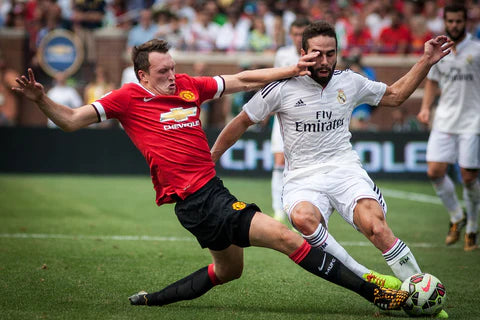


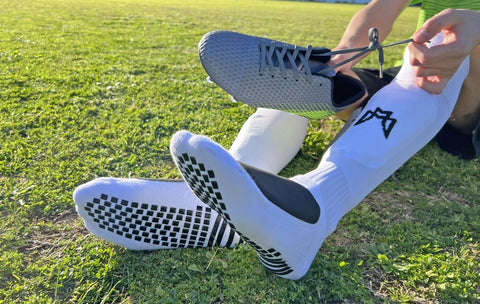
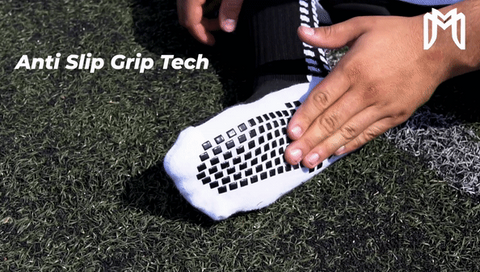




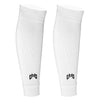
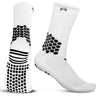




Comments (0)
There are no comments for this article. Be the first one to leave a message!